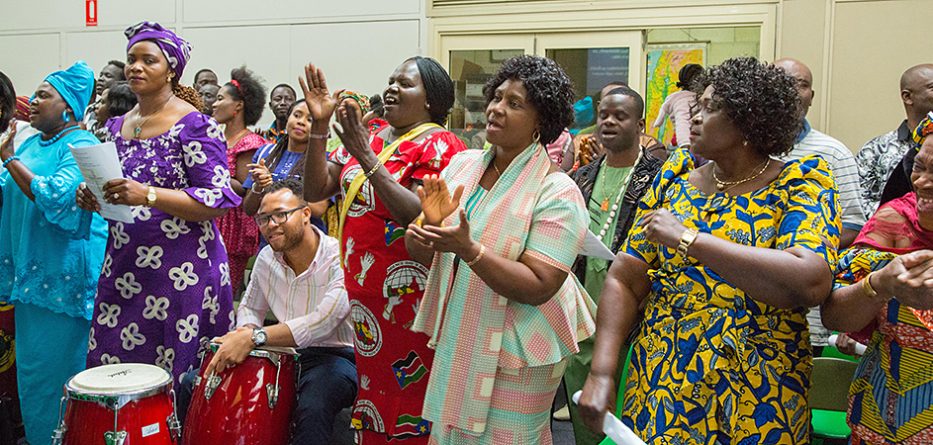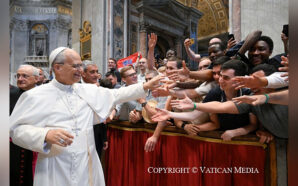18 December is the United Nations’ International Migrants Day
Perhaps the most striking thing about International Migrants Day is its name. It is not Immigration Day but Migrants Day. Immigration is about policy, about looking at migrants as a class of people, and all too often as a problem. Immigration policies and departments are notorious for disregarding the rights and humanity of immigrants. Migrants are people, each of them precious and deserving of respect for their rights as human being. Their lives merit a day in which we can recognise how many they are and can celebrate their resilience in the face of the difficulties they so often face.
People have always moved from region to region for a variety of reasons. The Old Testament is a story of migration, some chosen and some forced. In the course of history, some migrants have moved because were pushed out of their own homes by invaders. Some have moved because of starvation: their homeland was been afflicted by drought and the crops failed. Others left their land of birth to seek opportunities elsewhere. Sometimes they have been welcomed in the regions to which they moved, but have as often been resented.
In many cultures, there are protocols for people who enter the territory of another group. In some Indigenous cultures, strangers entering another territory receive a ceremonial welcome which expresses the respect expected of and offered to the stranger. Modern nations have developed complex passport and visa systems to control people wanting to visit or reside there.
To be a migrant, particularly when forced to leave one’s own nation, has always been difficult. It involves being deprived of home, of a shared native language or dialect, of a familiar landscape on which one’s history is inscribed, of customs and of all that is unfamiliar. It also means discovering oneself as an outsider in a land where the natives are at home in all these respects. To be a migrant is to be familiar with prejudice and contempt, and to experience through losing the use of one’s own language a return to childhood in a world where even the local children are adults.
We celebrate migrants because they enrich the nations which receive them. That is evident in Australia in the range of foods and restaurants we can all enjoy, and at a deeper level in the rich and varied stories that make up our history. Our differences allow us to see difference is not a curse but a blessing that enriches both parties. In a healthy nation migrants are welcomed because they will help build a stronger and more generous society.
Fr Andrew Hamilton SJ writes for Jesuit Communications and Jesuit Social Services.








